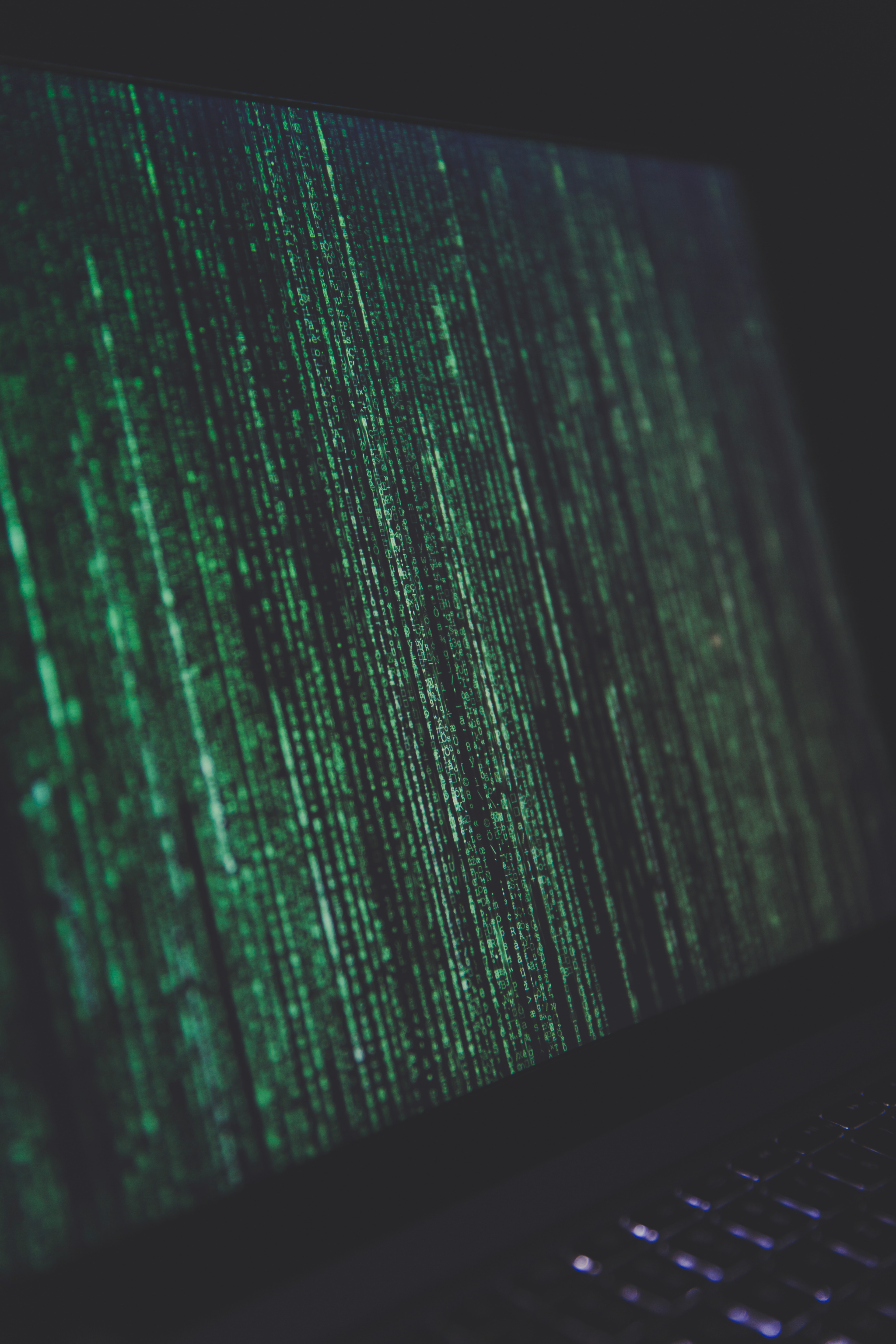EPJ D Highlight - Approximate quantum cloning: the new way of eavesdropping in quantum cryptography
- Details
- Published on 16 February 2018

New approximate cloning method avoids the previous limitations of quantum cloning to enhance quantum computing and quantum cryptography leaks
Cloning of quantum states is used for eavesdropping in quantum cryptography. It also has applications in quantum computation based on quantum information distribution. Uncertainty at the quantum scale makes exact cloning of quantum states impossible. Yet, they may be copied in an approximate way - with a certain level of probability - using a method called probabilistic quantum cloning, or PQC. In a new study published in EPJ D, Pinshu Rui from Anhui Xinhua and Anhui Universities, based in Hefei, China, and colleagues demonstrate that partial PQC of a given quantum state secretly chosen from a certain set of states, which can be expressed as the superposition of the other states, is possible.
This study is an extension of previous PQC work by Duan and Guo, dating back to 1998, which showed that quantum states can only be probabilistically cloned if all the states in the set are independent - i.e. they cannot be expressed as the linear superposition of the other states. Here, the authors show that if - and only if - an independent subset cannot be expressed as the superposition of the other states in the set, then these dependent states can be partially cloned.
As part of this study, the authors then establish the optimal cloning efficiencies for their approach.
This cloning operation is very important with regard to classical computing. It allows scientists to make many copies of the output of computations - which take the form of unitary operations. These can, in turn, be used as input and fed into various further processes. In quantum computing, for example, previous studies have shown that PQC can help to enhance performance compared to alternative methods. This means that when unitary operations generate some linearly-dependent states, partial PQC can be helpful.
P. Rui, W. Zhang, Y. Liao and Z. Zhang (2018) Probabilistic quantum cloning of a subset of linearly dependent states, European Physical Journal D 72: 26, DOI: 10.1140/epjd/e2017-80643-2




